Cardiology in Pune
Comprehensive Cardiac Care for a Healthy Heart
Welcome to our Cardiology Hospital in Pune, where we deliver comprehensive cardiac care. Our accomplished team provides a wide array of cardiology treatments and services, assuring that your heart health is expertly managed.
Non-Interventional Cardiology
Within our Non-Interventional Cardiology department, we conduct different tests to evaluate your heart's condition. Routine tests encompass ECG, Echo, TMT, and Holter monitoring. For a more in-depth assessment, Jupiter Hospital’s cardiology treatment in Pune provides specialized tests, including Contrast Stress Echocardiography, Dobutamine Stress Echocardiography, Trans-Esophageal Echocardiography, and Bubble Echo Study.
Interventional Cardiology
Our Interventional Cardiology division follows a systematic approach to treat patients with ischemic heart disease, which includes procedures like Angioplasty. We also maintain a dedicated 24x7 team of cardiac surgeons and anesthetists, along with well-equipped operating theaters. Additionally, we perform various valve replacements as needed.
Heart Team Approach
Our cardiology hospital in Pune assembles a team of experts across various disciplines, including cardiac surgeons, cardiologists, cardiac anesthesiologists, intensivists, and intensive care specialists. We adopt a 'Heart Team' approach, fostering collaboration to ensure the best outcomes. Our expertise in Interventional Cardiology spans a range of procedures, including Primary Angioplasty in Myocardial Infarction (PAMI).
Specialized Care for Congenital Heart Disease
In addition to adult cardiology, we maintain a dedicated team for the treatment of congenital heart diseases. This specialized team comprises skilled pediatricians who perform interventions such as ASD (Atrial Septal Defect) and VSD (Ventricular Septal Defect) Device closure, as well as PDA (Patent Ductus Arteriosus) Closure. For congenital heart disease surgery, we have skilled pediatric heart surgeons with extensive experience.
Comprehensive Cardiac Procedures
Our cardiology hospital in Pune offers a wide range of procedures, including coronary angioplasty, interventions for correcting congenital anomalies, and electrophysiology studies. Our goal is to provide holistic solutions for all cardiac conditions.
State-of-the-Art Facilities
- Cardiac Cath Lab: Equipped with advanced technology for cardiac procedures.
- Advanced Non-Invasive Cardiology: Our non-invasive cardiology department ensures thorough cardiac evaluations.
- EP and Arrhythmia Clinic: Specialized care for heart rhythm disorders.
- Heart Failure Clinic: Dedicated to providing care and support for heart failure patients.
Trust our cardiology hospital in Pune to provide the most advanced and comprehensive cardiac care available for your heart's well-being. Your heart health remains our utmost priority.
Team
Looking for the Cardiology in Pune
Interventional Cardiology
Our cardiology hospital in Pune excels in complex angioplasties, including PAMI (Primary Angioplasty in Acute Myocardial Infarction). We offer life-saving devices like pacemakers and AICDs (Automatic Implantable Cardioverter-Defibrillators), as well as procedures to address congenital anomalies and peripheral interventions such as aneurysm coiling and embolization.
Non-Invasive Cardiology
In our non-invasive cardiology department, we perform comprehensive cardiac assessments. Our services include Echocardiograms for in-depth cardiac imaging, stress tests like TMT (Treadmill Test), CSE (Contrast Stress Echocardiography), and DBE (Dobutamine Stress Echocardiography). Continuous monitoring is available through Holter and ABP (Ambulatory Blood Pressure) monitoring. We also provide advanced imaging with Transesophageal Echocardiography (TEE) and conduct Bubble Echo studies.
Cardiothoracic and Vascular Surgery
Our highly skilled surgical team of the cardiology treatment in Pune specializes in cardiothoracic and vascular surgery, providing comprehensive solutions.
Arrhythmia Services
We offer specialized care to maintain a harmonious heart rhythm and address rhythm disorders.
Heart Failure Clinic
Dedicated to offering support and enhancing the quality of life for patients affected by heart failure.
24/7 Emergency Care
In critical heart emergencies, our heart treatment hospital in Pune provides 24/7 multidisciplinary care. Our state-of-the-art Intensive Cardiac Care Unit is equipped with advanced monitoring technology and staffed with certified professionals ready to deliver immediate, life-saving services.
Our Heart Centre at Jupiter Hospital delivers comprehensive care for heart diseases, including advanced therapies like Cardiac Resynchronization Therapy (CRT). Our experienced cardiologists and cardiovascular surgeons are skilled at diagnosing and treating heart rhythm disorders. We have successfully implanted numerous devices to enhance our patients' quality of life while addressing their heart concerns.
Understanding CRT - Cardiac Resynchronization Therapy
CRT, or biventricular pacing, utilizes a specialized device known as the biventricular pacemaker, which sends controlled electrical impulses to the ventricles through leads. The primary goal of CRT is to reinstate synchronized ventricular contractions, thereby improving heart rhythm and relieving symptoms linked to arrhythmia and heart failure.
The Function of a Biventricular Pacemaker
A biventricular pacemaker is skillfully implanted just below the collarbone. It consists of three wires connected to a monitor. These wires actively detect irregular heart rhythms and emit small electrical pulses to rectify them, ensuring the heart maintains a synchronized rhythm.
Diagnostic Evaluation
Prior to the biventricular pacemaker implantation, our medical experts conduct a series of diagnostic tests, including Electrocardiogram (ECG), Holter monitoring, Echocardiogram, and stress tests.
Advantages of CRT
Cardiac Resynchronization Therapy (CRT) significantly enhances the heart's efficiency, resulting in improved blood flow and a reduction in symptoms related to heart failure. This advanced treatment leads to an enhanced quality of life with decreased hospitalization and morbidity rates.
At our heart treatment hospital in Pune, our dedicated team of cardiologists and cardiac surgeons specialize in delivering patient-centric care to individuals grappling with Ventricular Tachycardia, marked by rapid or erratic heart rhythms. We leverage state-of-the-art facilities and treatments to diagnose, manage, and prevent disorders associated with abnormal heart rhythms.
Unveiling the Inner Workings of ICD
ICD, resembling a business card in size, serves as a lifeline for those battling dangerously irregular heart rhythms. It continuously monitors the patient's heart rate and autonomously administers electric shocks or pulses upon detecting irregular heart rhythms. ICDs prove invaluable for individuals who have survived Ventricular Tachycardia, endured cardiac arrest, or grapple with conditions like coronary artery disease, abnormal heart muscles, congenital heart defects, Brugada syndrome, and arrhythmogenic right ventricular dysplasia.
The Implantation Procedure
ICD is surgically implanted beneath the left collarbone, residing within a pocket under the skin. One or two insulated wires extend from the ICD into the heart chamber through veins, constantly surveilling for irregular heart rhythms. This device promptly corrects irregular heartbeats by delivering automatic electric shocks or pulses.
Diagnostic Testing
Before the implantation of ICD, an array of diagnostic tests is conducted to unearth the origins of irregular heart rhythms. These diagnostic assessments may encompass Electrocardiography (ECG), Echocardiography, Holter monitoring, Event recording, and Electrophysiology studies (EPS).
The Advantages of ICD
ICDs diligently monitor heartbeats and step in with electric pulses to reinstate a regular heart rhythm when irregular heartbeats arise. This groundbreaking technology is paramount for those who have survived cardiac arrest and is increasingly employed for individuals at a heightened risk of sudden cardiac arrest. ICDs significantly diminish the risk of sudden cardiac arrest (SCA) and deliver the most robust protection available.
Cardiology Treatments
Patients Speak
Hear the heartwarming stories of patients overcoming difficult afflictions
















 View Map
View Map Book an Appointment
Book an Appointment Find a Doctor
Find a Doctor Health Check-up
Health Check-up



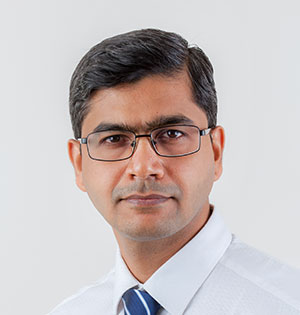

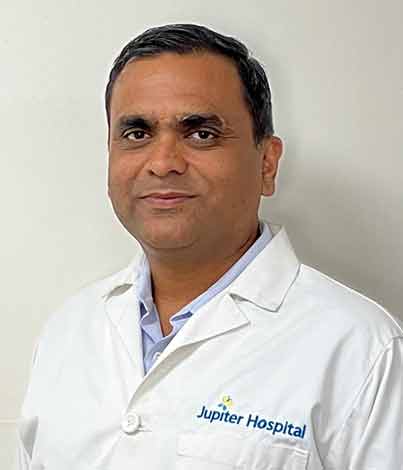
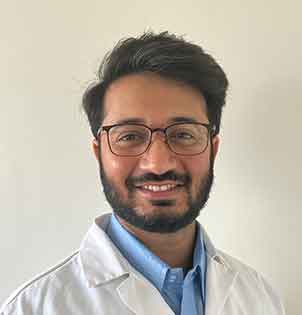
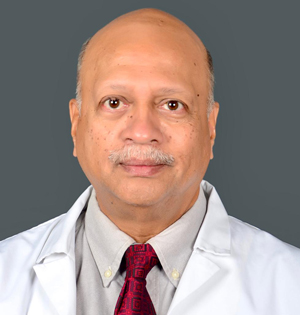
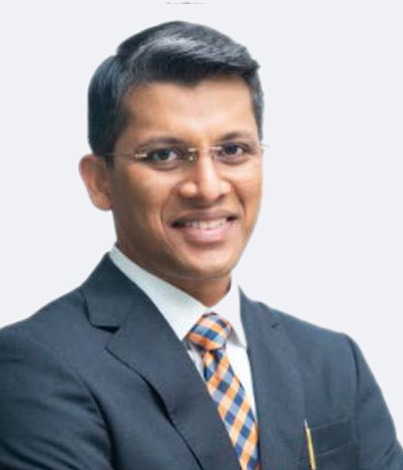
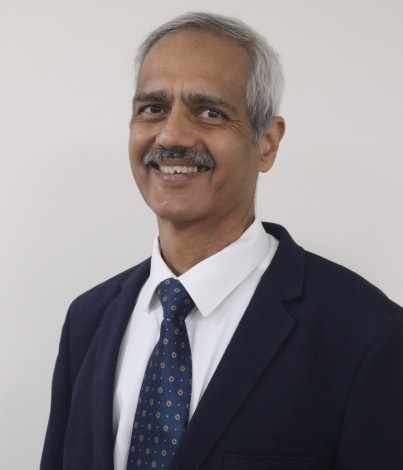
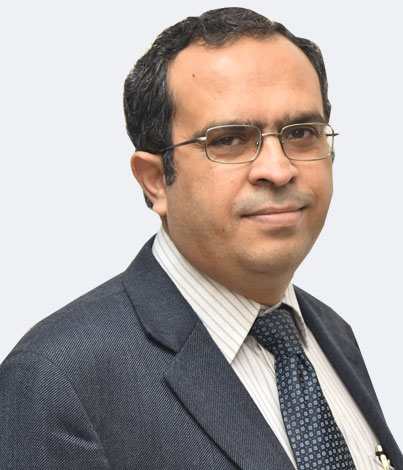
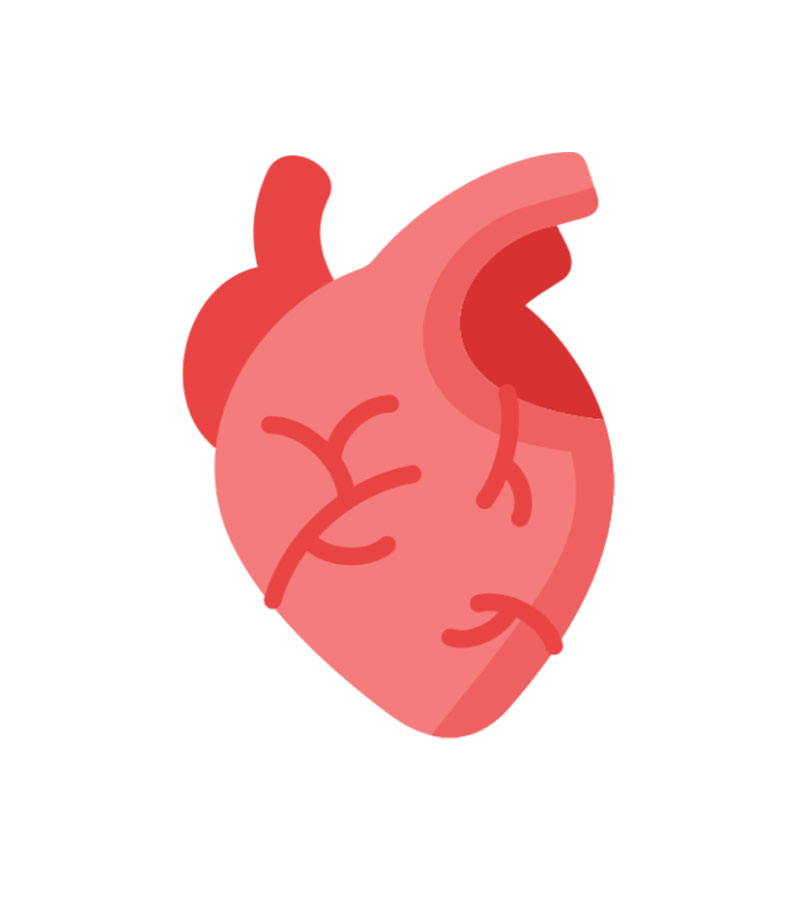

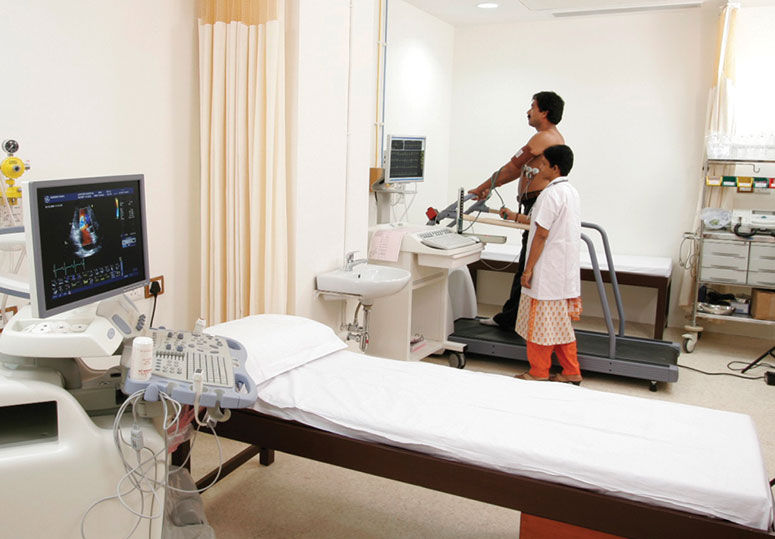
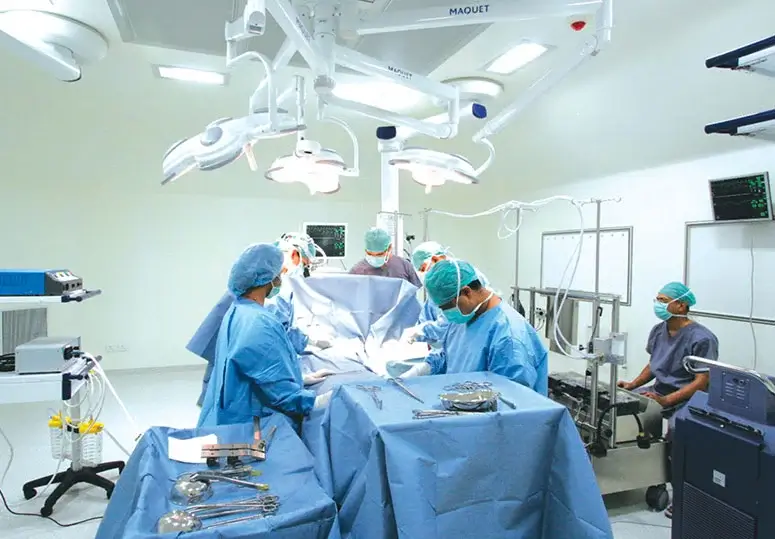

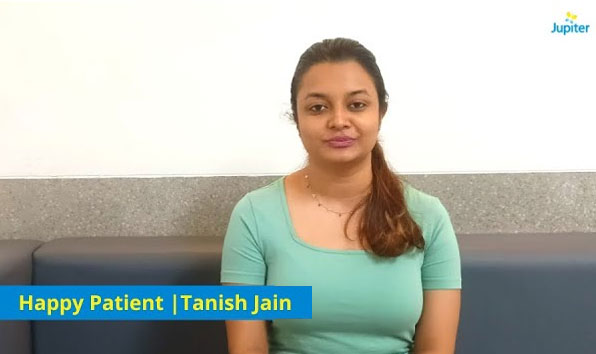






 Find a Doctor
Find a Doctor Health Checkup
Health Checkup Book an Appointment
Book an Appointment